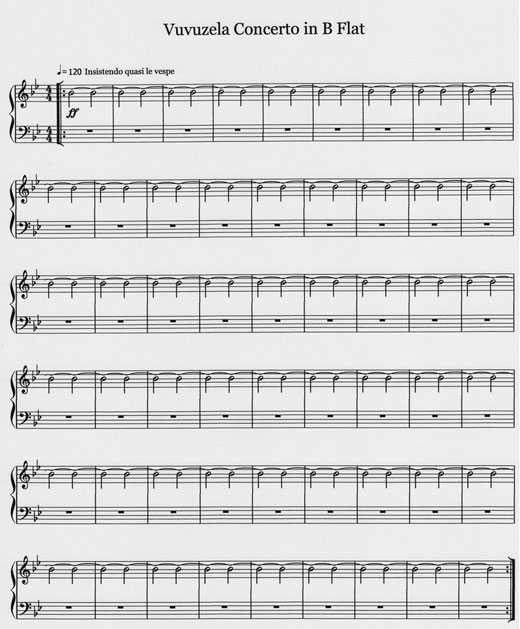It’s summer, it’s hot, and the music scene here in the Center of the Universe is fairly slow so I thought it might be a good time to get some feedback on an unfinished “piece” I’ve been working on for a couple of weeks. It’s a website that looks like this:
Actually, you don’t have to look at the picture; it’s already up on the web at Chamber Music Now so I guess you might consider this a “beta” launch. I built it because I love to play with new software and the nice Thracians who make the software I use on my commercial efforts (like this one) have just released a brand new version called Wordframe Integra. They gave me a “sandbox” to play with and I (with constant handholding from Boz, the guy who wrote the Integra program, in Plovdiv) created a new chamber music community site. Now, I have to figure out what to do with it because, frankly, seriously growing an audience for a web site is hard work and, so far, I’ve been too hot and lazy to even write a proper how-to-use section.
In any event, the site is “live” and the functionality (except for the Profiles which Boz is still feverishly coding) is in place. If you go there and register, there are a lot of neat things you can do. You can create a blog post (which will appear on the front page once I approve it), write a CD review, and post information to the Calendar page. If you already have a blog, you can add it to the front page content flow by adding your RSS feed to the thing called Autopost. Every time you publish something on your blog, I’ll get a copy of it and, if it’s on target (i.e. about chamber music), I’ll use it on CMN and you’ll get more readers and thus become richer and more famous. The concept, which is about the only thing I can claim credit for, is that this would be the ultimate DIY music community.
All the stuff that is there now is lifted directly from Sequenza21 but I’ll be recruiting some chamber music groups to add their stuff when I get around to it.
Give it a try. You’ll notice that there is a lot of segmentation within the front page, CD review and Calendar pages which should make it easier to categorize and find stuff. I welcome your feedback on both the idea itself and the execution. If there are functions or features you’d like to see, tell me now while I still have a Bulgarian genius to help me for free.

 As you know if you read Christian Carey’s
As you know if you read Christian Carey’s 
